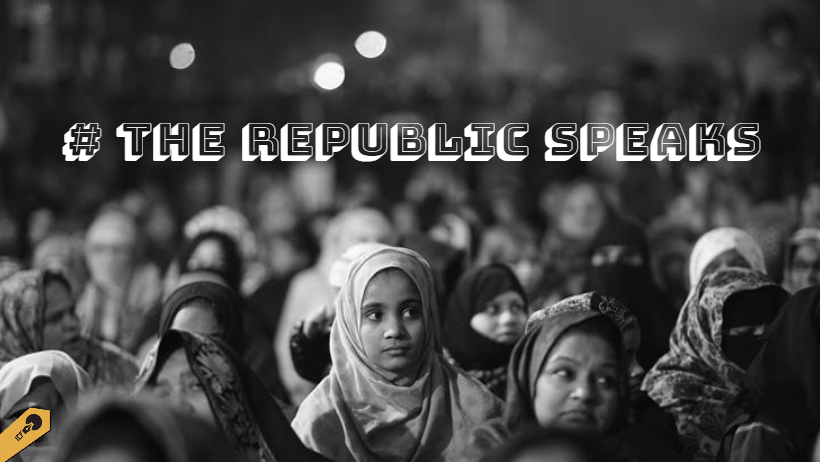
They roamed the streets at night brandishing knives
They searched for the cursed tongues of women
They did not find any in their usual places…
In mouths
Next to ink pots
With the children hastily hidden under the staircase
After the plunders were done and the villages ravaged
After they gorged out the hearts of every woman and strewn them across the streets
After the dead of night could not die any deeper
They finally left, more angry and violent than they had come
For they had not found what they were looking for
The cursed tongues of women
In the eerie quiet that was settling in over the blood-washed homes and alleys
There were soft tremors that began to grow steadily
First a peek, and then inching forward, slithering creatures were emerging
From dark corners in messy kitchens
From underneath unmade beds
From inside jars of sundried pickles
From within folds of old saris
From boxes of faded letters
From beneath clamours of field tools,
Pink, red, purple, blue, black all colours of the flesh
Quickening their pace, rushing out into the streets –
From behind unflowering bushes
From the depths of quiet ponds
From the parched paddy fields
From the hushed cattle sheds
Hundreds and thousands of cursed tongues of women
Whispering, murmuring, speaking, groaning, burning
From memories and stories and songs and chants
Coming together, twisting and turning
Shaping a tornado
Louder and louder
Bridging echoes
Khana was a poet and astrologer in 12th century Bengal. Legend has it that since her predictions were more accurate than her astrologer father-in-law Varahamihir — who was one of the Nava Ratnas in Vikramaditya’s court — he had her tongue cut off. Her vachanas still guide the agrarian community of Bengal.




